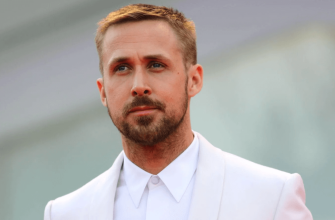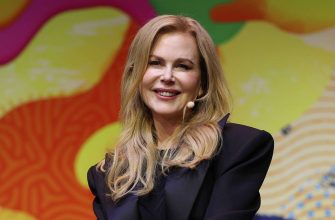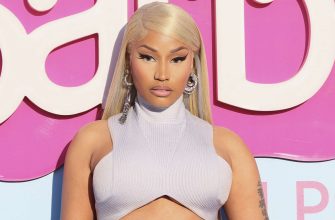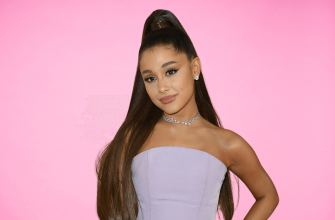Andrew Tate is a controversial internet personality and former kickboxer who has risen to fame in recent years for his extreme and often misogynistic views. He first gained notoriety as a contestant on the reality show Big Brother in 2016, where he was removed from the show after a video surfaced showing him hitting a woman with a belt.
In 2022, Tate went viral on TikTok and other platforms for aggressively promoting toxic masculinity and a lavish, womanizing lifestyle. His huge following of mostly young men has led to condemnation over his potential to radicalize youth. Tate is currently in detention in Romania along with his brother Tristan on charges of human trafficking, rape, and forming an organized crime group. The case has sparked global discussion about his controversial views and the nature of his businesses.
Tate’s Religious Background
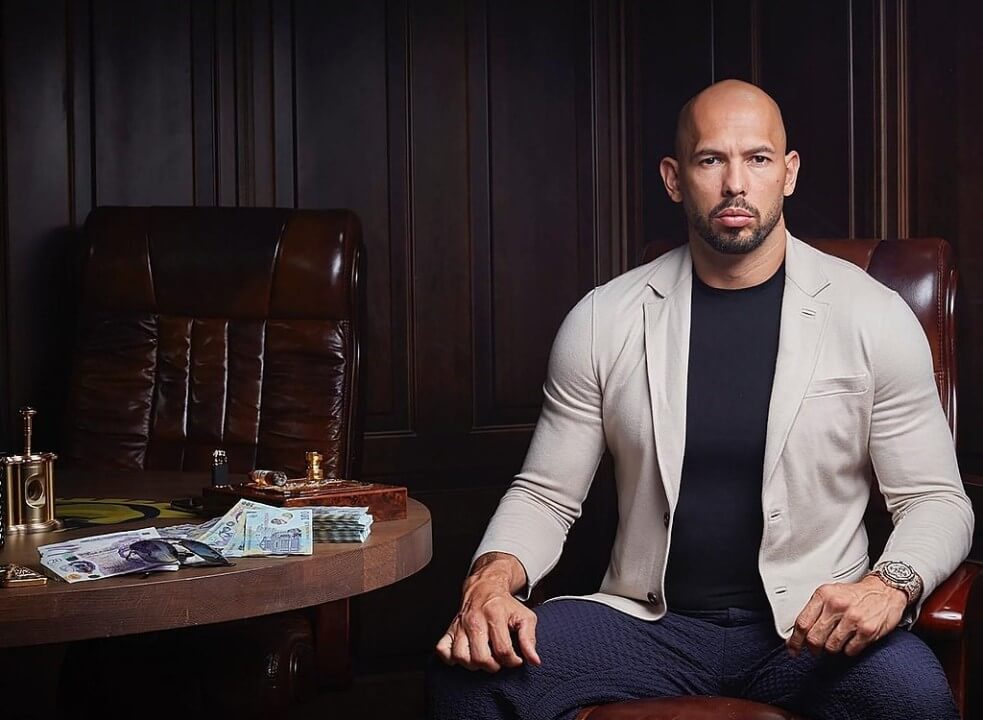
Andrew Tate grew up in a Christian family. According to Wikipedia, Tate was “raised as an Orthodox Christian”. He has mentioned being brought up in the Orthodox Christian tradition in several online videos and interviews. However, details about his specific church background or how devout his family was in practicing Christianity are unclear.
It seems Tate was exposed to Christianity from a young age, but may not have been deeply committed to or involved with the faith initially. His religious views appear to have evolved over time, shifting between atheism, Christianity, and eventually Islam as an adult. Overall, Tate’s early family life instilled some Christian influences, but he did not remain a steadfast Orthodox Christian throughout his life.
Tate’s Views on Religion
Tate has had a complex relationship with religion over the years. Though raised Christian, he has criticized organized religion and called himself “spiritual but not religious”. He contends that religion can be restrictive and used to control people. However, he also believes in the existence of God and the importance of faith.
Tate says he practices spirituality outside of organized religion, focusing on having a personal relationship with God rather than following religious institutions. He contends this gives him more freedom in his beliefs. Though critical of establishment religion, Tate still identifies as a Christian and references Christian principles frequently.
Influence of Christianity
Andrew Tate has made many references to God and Christianity in his content. He was raised as a Christian, but became an atheist in his 20s before rediscovering his faith. Tate has said that he “made a friend from Pakistan from my old job. He was Muslim. I ended up speaking to him for a long time and through him I found God again.”
Tate believes that his previous atheism and victim mindset led him away from God. His conversations with his Muslim friend inspired him to reconnect with Christianity. As Tate stated, “I realized there was more to life than just the material world and through Christianity I found God again.”
However, Tate’s view of Christianity has been controversial. He has asserted that modern Christianity is “too weak” and does not align with his worldview. This led him to eventually convert to Islam, which he claimed better matched his perspectives on masculinity and gender roles. Despite this conversion, Tate still references his Christian upbringing and credits it for initially leading him back to faith from atheism.
Rejection of Islam
Tate has been strongly critical of Islam, despite claiming to have converted in October 2022. In a past YouTube video, he called Islam “the last true religion on the planet” but also said “Islam is very misogynistic and very anti-women.”
He has frequently made inflammatory statements about Muslim women in particular, saying “Muslim women, they’re property. Muslim men are allowed to do what they want.” Tate’s rejection of Islam’s treatment of women contrasts with his own misogynistic views.
Many have accused Tate of only feigning conversion to Islam to appeal to more conservative male followers. Despite claiming to be Muslim, he continues to promote an extravagant lifestyle at odds with Islamic principles. His inflammatory rhetoric has drawn criticism from Muslim communities globally.
Accusations of Bigotry

Tate has faced significant backlash for comments characterized as racist or bigoted against Islam. In 2017, Tate stated that Islam was a “religion for terrorists and idiots” that oppresses women. These remarks provoked outrage on social media, with many calling Tate a bigot and racist. Critics argued his broad generalizations about Islam promoted harmful stereotypes.
Tate defended himself by claiming he was criticizing radical aspects of Islam, not the religion as a whole. However, most found his blanket statements about Islam offensive and prejudiced. The backlash highlighted the fine line between criticizing aspects of a religion and making prejudiced generalizations about all its followers. Despite claiming his comments were taken out of context, Tate faced ongoing accusations of bigotry.
Defense Against Accusations
Andrew Tate has faced accusations of religious bigotry and intolerance from some critics. However, Tate has strongly rejected such accusations, stating that he respects all religions and does not discriminate.
Tate argues that criticism of any religion, including Islam, does not equate to intolerance or bigotry. He contends that open discussion and debate should be encouraged, without automatically labeling dissenting voices as “anti-religious.” Tate believes he has been unfairly characterized as Islamophobic for questioning certain Islamic principles and practices related to women’s rights.
In response to backlash over tweets about the Quran, Tate asserted that people should be free to critique any religion or holy book without fear of repercussions. He maintains that his critiques are not an attack on Muslim people, but rather an indictment of toxic ideas present in some interpretations of the religion. Tate claims accusations of bigotry are an attempt to silence dissenting perspectives on social issues.
Overall, Tate strongly rejects accusations that he is intolerant or prejudiced against any religion, arguing that rational debate and inquiry should not be equated with bigotry. He contends that his provocative critiques are aimed at dogma within religion, not against religious people themselves.
Influence on Followers
Andrew Tate’s recent conversion to Islam has had a notable influence on his impressionable fanbase of young men. Many of his followers view Tate as a role model and have started to emulate his views and lifestyle, including his newfound embrace of Islam.
Tate has a massive online following, with over 4 million followers on Instagram before being banned from the platform. His fans tend to be young men who are drawn in by Tate’s projection of wealth and masculinity. Since his conversion, some of these followers have also converted to Islam themselves, citing Tate as an inspiration.
However, many have pointed out the contradiction between Tate’s lavish and promiscuous lifestyle and the tenets of Islam. Tate embodies a form of toxic masculinity that is at odds with Islamic principles of modesty, respect for women, and piety. Yet many of his fans seem willing to overlook these inconsistencies, entranced by Tate’s persona and eager to emulate his choices.
Critics argue that Tate’s conversion appears performative and disingenuous, intended more for attention and controversy than genuine faith. They worry that his fans are blindly following his lead into Islam without truly understanding the religion. Tate’s influence could potentially spread a distorted interpretation of Islam among his impressionable following of young men seeking direction.
Controversies Related to Religion

Andrew Tate has stirred controversy with some of his religious stances and comments. One major controversy stemmed from Tate’s criticism of Islam despite his own conversion to the religion. In a 2022 YouTube video, Tate called Islam the “last true religion on the planet,” but later referred to the Prophet Muhammad as a “caravan raider” on Twitter. This led to backlash from some Muslims who felt Tate was being hypocritical or disrespectful.
Tate has also made controversial comments about women in Islam, suggesting they are oppressed and that Islam does not align with modern values of gender equality. However, Tate has defended himself against accusations of bigotry by claiming he is only criticizing certain cultural practices, not Islam as a whole. Still, his stances have fueled criticism that Tate harbors anti-Muslim views despite proclaiming to be Muslim himself.
Overall, while Tate has identified as Muslim, his selective adherence to Islamic principles and controversial comments have sparked backlash among some Muslim communities. His religious stances remain contentious aspects of his public persona.
Conclusion
Andrew Tate’s relationship with religion has been complicated. He was raised Christian but later became an atheist, rejecting religion entirely. However, after achieving fame and notoriety online, Tate converted to Islam in 2022 while under investigation in Romania. This conversion came as a surprise to many, given his previous anti-religious views.
Throughout his career, Tate has made controversial statements about both Christianity and Islam. He has criticized Christianity’s “weakness” and promoted Islam as a source of masculine power. However, he has also been accused of bigotry against Muslims. Ultimately, Tate seems to view religion primarily as a tool for exerting control and dominance.
While some followers have praised Tate’s conversion, others remain skeptical of his motives. His inconsistent relationship with religion has led many to accuse Tate of opportunism and deceit. However, Tate claims his conversion is sincere, motivated by a desire for moral realignment and spiritual awakening.
In summary, Tate’s connection to religion has shifted dramatically over the years, from rejection to exploitation. His current adoption of Islam appears politically and personally convenient, given his legal troubles. However, only time will tell whether this conversion represents a genuine commitment or merely another phase in Tate’s perpetual quest for influence and controversy.

